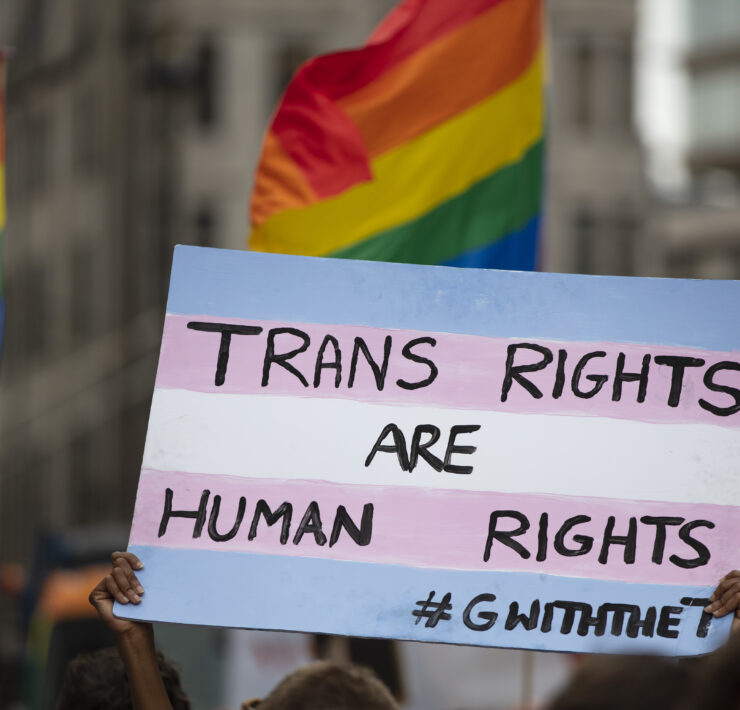Gender-Affirming Care Bans Challenged in 9 States

Ray has with OUT FRONT Magazine since February of 2020.…
New legislation which bans minors from accessing gender-affirming care is cropping up around the country. In response, lawyers at advocacy groups like the ACLU are beginning to challenge these new laws by filing lawsuits against states. Over the last few months, a total of nine states are being sued over gender-affirming care bans.
In Missouri, Attorney General Andrew Bailey was blocked from enforcing his emergency rule to ban access of minors to gender-affirming care. The block came in the form of a restraining order granted to the ACLU and Lambda Legal who filed a lawsuit alleging that Bailey had abused the state’s consumer protection law to push the emergency rule through.
“This is a novel use of the attorney general’s power to promulgate emergency rules under the Missouri Merchandising Practices Act that has never previously been subjected to judicial scrutiny and may impermissibly invade a function reserved to the legislature,” Circuit Court Judge Ellen Ribaudo writes in her order.
In addition to Missouri, gender-affirming care bans have been temporarily blocked in Arkansas and Alabama as well. The remaining 6 states being sued await ongoing litigation.
The ACLU’s Deputy Director of Transgender Justice, Chase Strangio, spoke to lawmakers in Tennesee about its most recently passed gender-affirming care ban, saying; “Tennessee will not be able to defend these laws.”
The ACLU is represented as the primary plaintiff in 7 of the 9 states with Florida and Alabama being the exceptions. In those states, Southern Legal Counsel, GLBTQ Legal Advocates & Defenders, the Justice Department, and the National Center for Lesbian Rights are leading the challenges.
Montana has surfaced as a hotspot for some of the harshest anti-trans legislation in the country. The state has passed so far this year, a gender-affirming care ban, a drag ban, a prohibition of gender markers on licenses, and a law strictly defining sex by reproductive function. Not to mention the state’s ousting of its only transgender representative, Zooey Zephyr. Montana is also the latest state to be sued over its gender-affirming care ban. Earlier this year the state increased its budget by $2.6 million in anticipation of such lawsuits.
Legal experts are confident that many of these bans will not hold up in court. So far, legal challenges to gender-affirming care bills have been successful. Relying on the recent Supreme Court precedent set by Bostock v. Clayton County, judges recognize that discrimination against transgender individuals falls under discrimination based on sex and is prohibited under US law.
Other lawsuits where trans plaintiffs have seen success involved Tennessee’s drag ban, West Virginia’s trans athletes’ sports ban, and Texas’ child abuse enforcement all of which have been blocked in court. As the legislative session dies down, fewer anti-trans bills will be pushed through state legislature, shifting the focus to a nationwide mobilization of advocates and lawyers fighting these laws in court.
What's Your Reaction?
Ray has with OUT FRONT Magazine since February of 2020. He has written over 300 articles as OFM's Breaking News Reporter, and also serves as our Associate Editor. He is a recent graduate from MSU Denver and identifies as a trans man.










